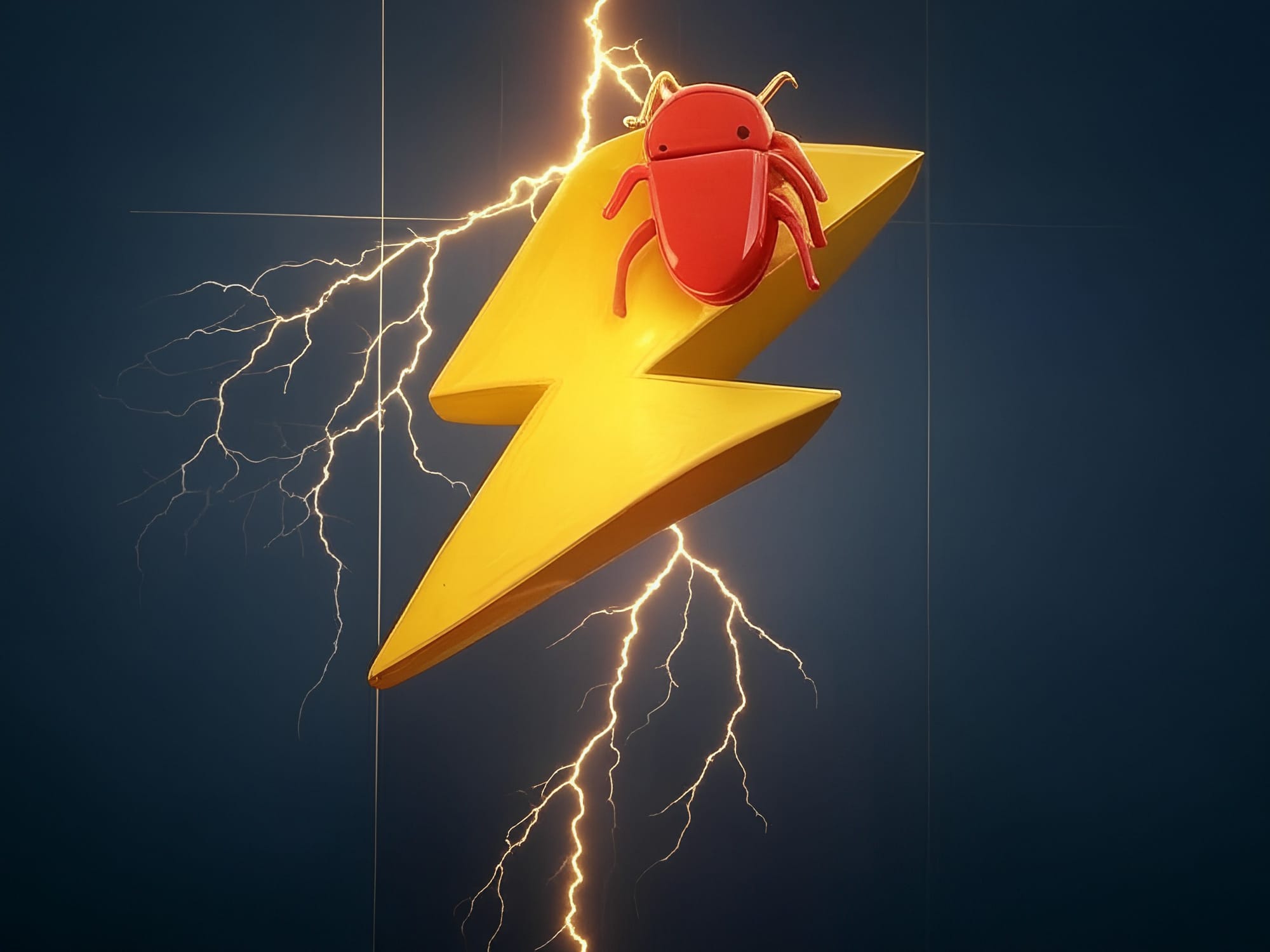Bitcoin Lightning Network Security Flaw Threatens User Funds

In what can only be described as a distressing day for Lightning Network users, a critical vulnerability has been unearthed that could lead to the remote theft of Bitcoin. Bitcoin developer, known by the pseudonym "Calle," issued an urgent alert to all node operators using software versions prior to Lightning Network Daemon (LND) 0.18.5 or LITD 0.14.1. The flaw lies in how LND processes description fields during the settlement of Lightning invoices, allowing malicious actors to manipulate invoice payment states and siphon funds.
Satoshi Labs co-founder Pavol Rusnak echoed the urgency too. The Lightning Network, essentially a layer atop Bitcoin's blockchain, facilitates transactions by connecting nodes through a network of public channels. However, this layer two network comes at the cost of exposing users to unique risks not present in Bitcoin's base layer.
Patching LN’s Vulnerability
The response has been swift with the release of updated software versions, LND 0.18.5 and LITD 0.14.1, which address this significant security hole. However, the timing of the LND 18.5 release last week means that a considerable number of nodes are still running on vulnerable versions. Estimates suggest hundreds or even a few thousand nodes might still be at risk.
The bug specifically relates to Atomic Multi-Path (AMP) invoices, where the inability to cancel settled sub-invoices could be exploited. There's a glimmer of hope for merchants using software from Lightning Labs; if they avoid interacting with invoices from services like BTCPay Server, which has already updated to LND 0.18.5, they might remain secure.
Despite these efforts, the community is on edge, with scattered reports of actual theft beginning to surface on social media. The lack of detailed information on these incidents only adds to the tension. The recommendation from all major Lightning developers is clear: update to the latest version of LND to safeguard your funds, or another option is to not use the Lightning Network at all, as these bugs and exploits have been occurring for years, with the latest exploit being from just two months ago.

